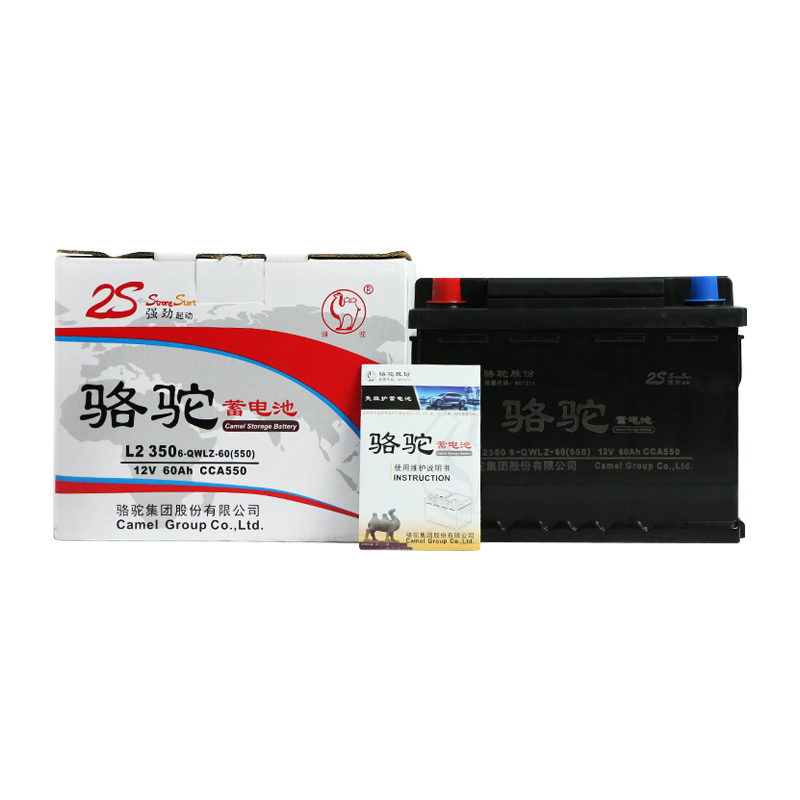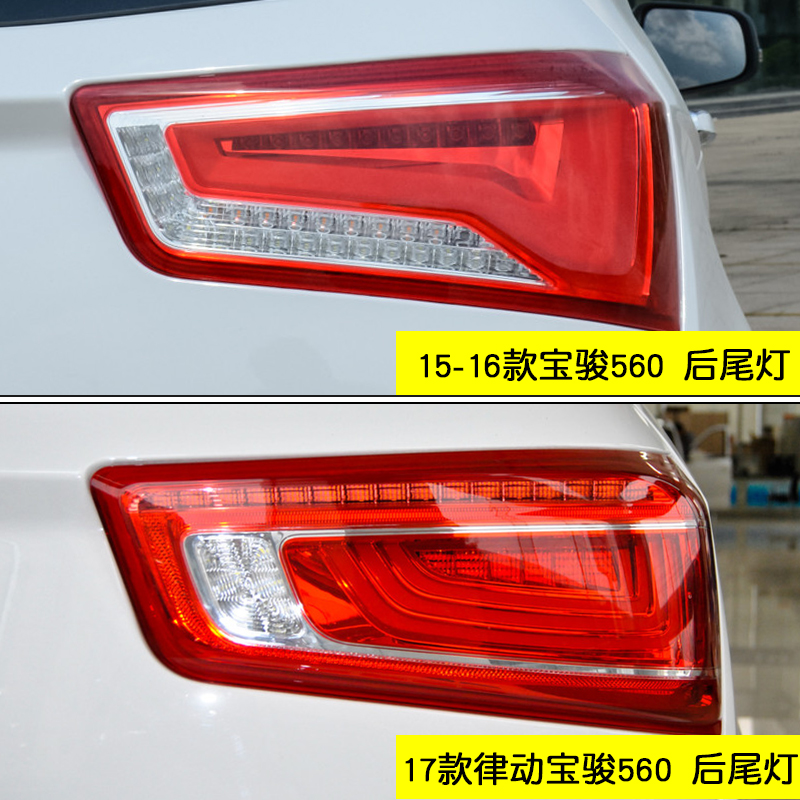US should prepare for possible deployment of nuclear assets to S. Korea: CSIS
2024-05-20 07:59:53 点击:065
 |
| Victor Cha, senior vice president and Korea Chair at the Center for Strategic and International Studies (CSIS), speaks during a news conference held at the U.S. think tank in Washington, D.C. to preview a new report set to be published by the CSIS' North Korea Commission, Jan. 17. Yonhap |
The United States should consider possible deployment of U.S. nuclear weapons to South Korea in the future, a U.S. think tank said Wednesday, in what it called "pre-decisional" efforts to lay groundwork for the possible deployment in the future.
The Washington-based Center for Strategic and International Studies (CSIS) also recommended the U.S. and South Korea begin holding tabletop exercises to that end.
"The allies should consider tabletop planning exercises for the possible redeployment of U.S. nuclear weapons to South Korea," the CSIS' North Korea Commission said in a report on North Korea policy and extended deterrence.
"This planning should be explicitly pre-decisional. The timeline and scope of weapons ... should be left deliberately ambiguous," it added.
Victor Cha, CSIS senior vice president for Asia and Korea Chair, explained such "pre-decisional" or preliminary work can help the actual or final decision to move in either direction.
"The purpose of that is that once you get that planning process started, you can make a decision to accelerate it or to decelerate it, depending on changes to the external environment," he said while meeting with reporters for a preview of the report that is set to be released early Thursday.
The report, the second of its kind to be published by the CSIS commission, proposes six policy recommendations each for North Korea policy and U.S. extended deterrence.
On U.S. extended deterrence, the report says Washington must demonstrate its nuclear capabilities, as well as its political will to use them if necessary.
To this end, the report suggests the U.S. must underscore its commitment to the defense of South Korea partly by emphasizing that Washington and Seoul share the same fate.
"When referencing the "full range of U.S. defense capabilities," the United States should emphasize that the U.S.-ROK "community of fate" ― anchored in the presence of 28,500 U.S. troops on the peninsula ― forms the core of extended deterrence," it said.
ROK stands for the Republic of Korea, South Korea's official name.
 |
| U.S. military armored vehicles park in Paju, South Korea, near the border with North Korea, Jan. 11. AP-Yonhap |
On the same note, the report recommends the U.S. consider changing its strategic and nuclear posture to allow or increase "continuous presence of U.S. strategic assets around the Korean Peninsula."
South Korean President Yoon Suk Yeol has said Seoul may be forced to arm itself with nuclear weapons should the military tension with North Korea continue to increase.
Pyongyang staged a record-breaking 69 ballistic missile launches last year, far exceeding its previous annual record of 25.
The CSIS commission clearly expressed its opposition to South Korea's nuclear armament.
"Do not, under current circumstances, deploy U.S. tactical nuclear weapons to the Korean Peninsula nor condone the acquisition of nuclear weapons by South Korea," says the report.
The report suggests the U.S. should instead support the improvement of South Korea's conventional defense capabilities, including by deploying additional THAAD missile defense units to South Korea if needed.
"The ultimate policy objective is to achieve complete and irreversible denuclearization. While there may be interim steps along the way, the two allies should work toward this final goal," it said.
To this end, the report recommends the U.S. and its allies prepare for North Korea's eventual return to negotiations.
"The United States and South Korea should continue to express a willingness to engage with North Korea. This could involve sending joint communications from senior envoys indicating a readiness to talk without preconditions," it said.
The commission also insists the U.S. should consider appointing "a full-time special representative for North Korea," saying, "Even in the absence of negotiations, the envoy could work to coordinate potential road maps for North Korea's denuclearization among key stakeholders in Washington, Seoul and Tokyo."
Currently, U.S. Ambassador to Indonesia Sung Kim is also serving as U.S. special representative for North Korea.
Other policy recommendations for North Korea policy and extended deterrence include enhancing the enforcement of sanctions on North Korea, strengthening U.S.-South Korea-Japan trilateral cooperation and increasing support for North Korean human rights. (Yonhap)





